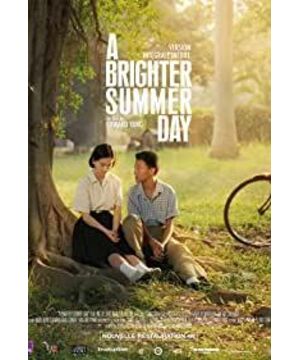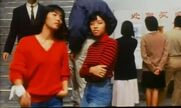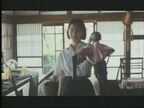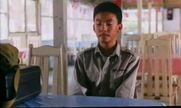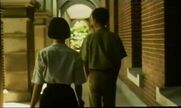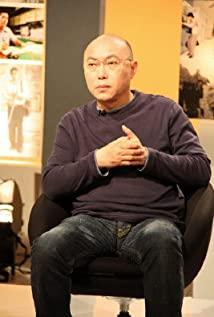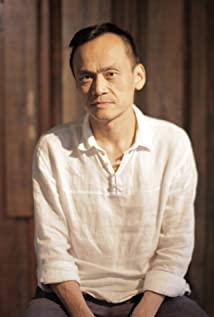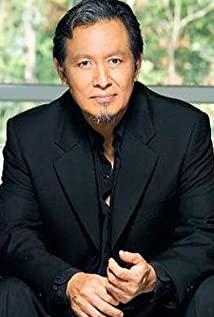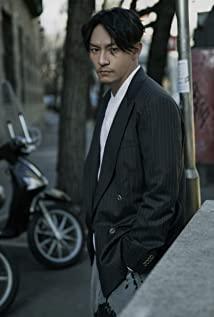After reading a few film reviews, it was said that the protagonist of the film, Xiaosi, and his family were from the provinces living in the military village, or that the children of Xiaosi and the military village formed a gang in the military village. They are all obvious mistakes and should be corrected.
In Taiwan, the so-called dependents’ villages should be built by troops or units, allocated to middle and lower-level soldiers or civil servants and their dependents to live in (but do not transfer property rights). They are dormitory-like bungalow-style collective houses, usually alienated from natural settlements. . Housing conditions vary according to military rank, but they are generally rudimentary. The chiefs, management, and security organizations under the jurisdiction of the unit are set up in the dependent villages. Some living facilities such as small shops, medical stations, and toilets are often publicly owned and operated, and some military villages have common fences.
In 1949, Taiwanese from other provinces were not only soldiers or civil servants. It is impossible for people from other provinces to live in the military villages.
Taiwan’s military villages are obviously different from the mainland’s military compound. Dependent villages do not belong to the historically victorious side. The social and economic status of more military dependents and children is weak. The class difference between their father and brother lacks convincing military merit or glory support, but they have long suffered from the intergenerational dominance of class differences. system.
Of course, the four families are from other provinces, but they don't live in the villages. Xiaosi's father is a civil servant, and his mother is a substitute teacher, neither is a soldier, but a catholic family who can't afford the meals of a large unit. They lived in a Japanese-style bungalow received from the Japanese by the Nationalist Government, with separate bathrooms and toilets, obviously not temporary housing built by the unit. There are no other provinces in the neighbourhood of the small four family, and even outside the gate, there is often a fruit stand that plays Japanese music to attract customers; this shows that the small four family is an isolated provincial person living together with the people of the province. Not only do they not live in the villages, they are not the settlements of other provinces at all. Little Four’s mother sighed: “I have fought with Japanese for eight years, and I never expected to live in a Japanese house and listen to Japanese songs.” This is how people from other provinces in the village can dream of it.
The pupils of Jianzhong make up school in Primary Four, as well as those campus gangs in make up school based on the relationship between classmates, did not see that there are clear provincial boundaries, ---- this is from the verbal swear words of some members. Hokkien can be proved, even though the leaders are from other provinces. In the movie, Honey, the handlebar of the Little Park Gang, cooperates with the gang in the province, can speak Hokkien (voiced by Yang Dechang), and says not to mix with people from other provinces. Even after Honey was murdered by the village boss, these loyal friends from the province brought him a samurai sword to avenge him. , And Yang Dechang far away from the sharpness and romance of his peers. The hottest-blooded Cat King, his father is a technician (so he is good at repairing radios), which implies that Cat King is also a native of the province. The facts have been made clear: It shouldn’t be said that the Little Park Gang organized by the students of Jianzhong Supplementary School is a gang from other provinces, let alone a military village gang.
In the movie, the difference between the identities of the small four and the "Military Village" and even the consciousness of the enemy is very clear. It is never a good thing to talk about the "Military Village". The image of the children from the military villages in this episode is really bad, and it is very different from the stories of the military villages that have been popular in Taiwan these years. The men and women in Liangyaoguai village failed to enter the Primary Four school, but they came to compete for their territory-to put it bluntly, they were just a few public spaces that often played, and they also interfered with the interaction between students and girls in the village, and they didn’t talk about it. The principle is that if you are not accustomed to thinking, you will make money if you have money ("If you have a man, you will cut it"), and rely on more people to bully the weak ("bad food"). As for the tricks of setting up a game to lure (controlling the younger brother of the fourth), slashing others (killing the elder brother of the fourth), etc., not to mention the quack tricks. The little four bullied these "military-affiliated villagers" so terribly, and the viewers of later generations said that Xiaosi was a child of the family-affiliated village. This is really a major injustice case in Taiwan's film history.
Yang Dechang put a character card at the beginning of the film, which outlines the psychology of other provinces he knows when committing crimes: "After the 38th of the Republic of China, millions of Chinese moved to Taiwan with the Nationalist government, and the vast majority of them These people are just for a stable job, for a stable growth environment for the next generation." This is obviously also an opinion outside the military village. It is no wonder that at that time, Taiwanese culture was dominated by people from other provinces outside the military villages, although localization had already blossomed (the youths of the military villages also emerged and formed power). Taiwanese writers Jiang Xiaoyun, Yang Dechang, and Xiaosi from the United States are also from the provinces outside the military village. She has a good saying: We are after refugees, but not after the defeated army.
◎ Jiang Xiaoyun's words can be seen in the interview of "Times Weekly": http://history.sina.com.cn/cul/whft/2014-01-13/170879927.shtml
View more about A Brighter Summer Day reviews


